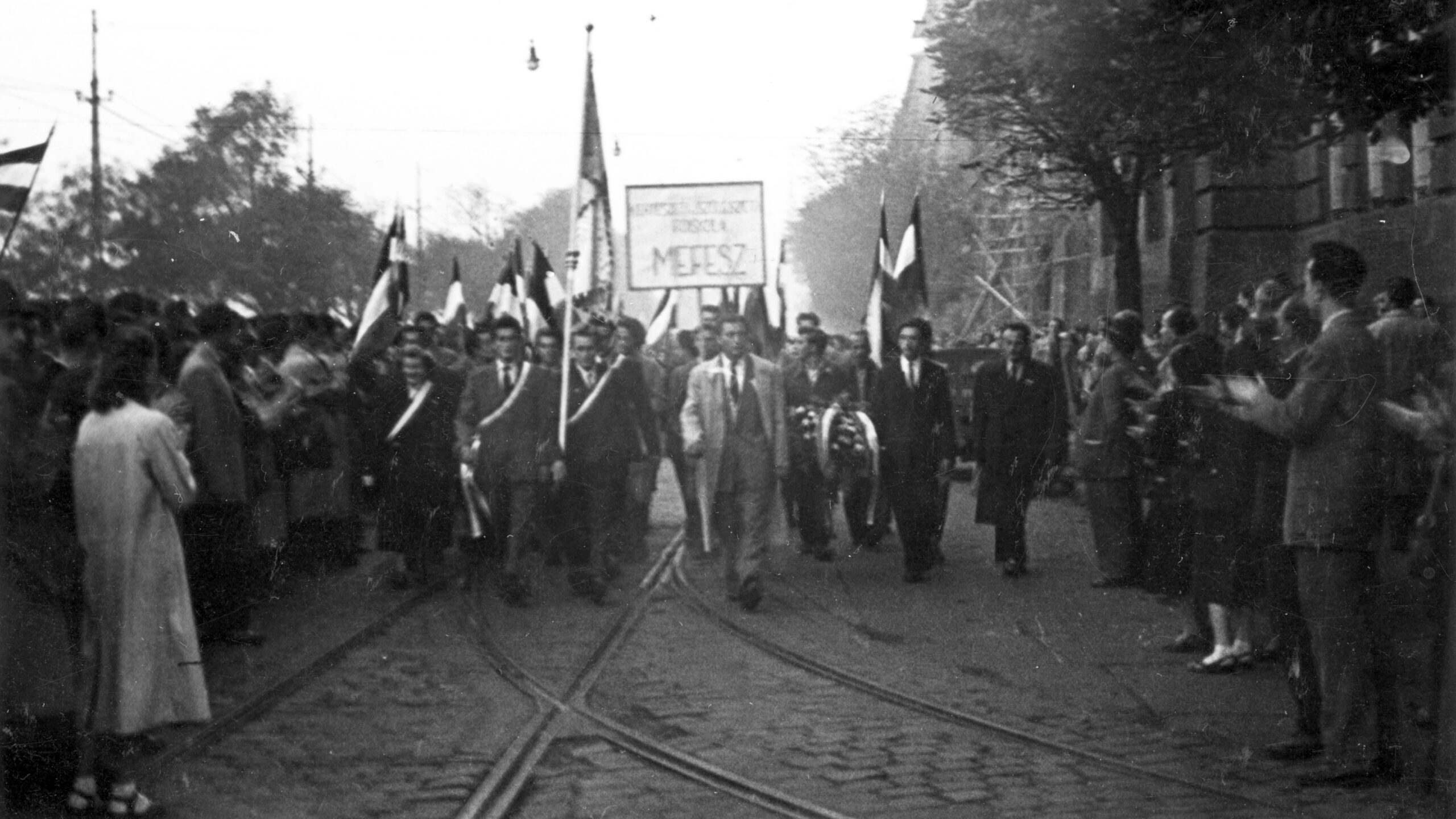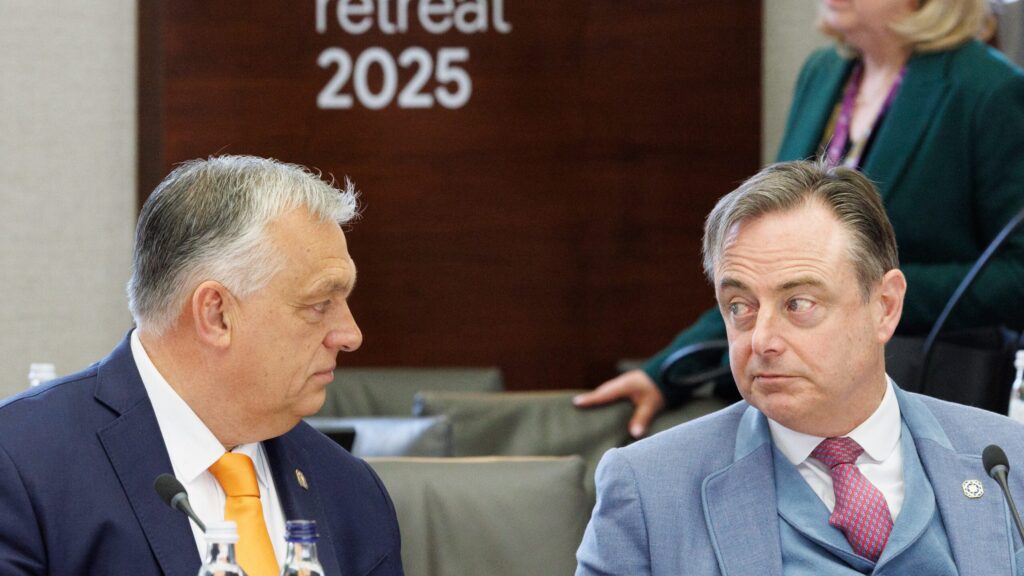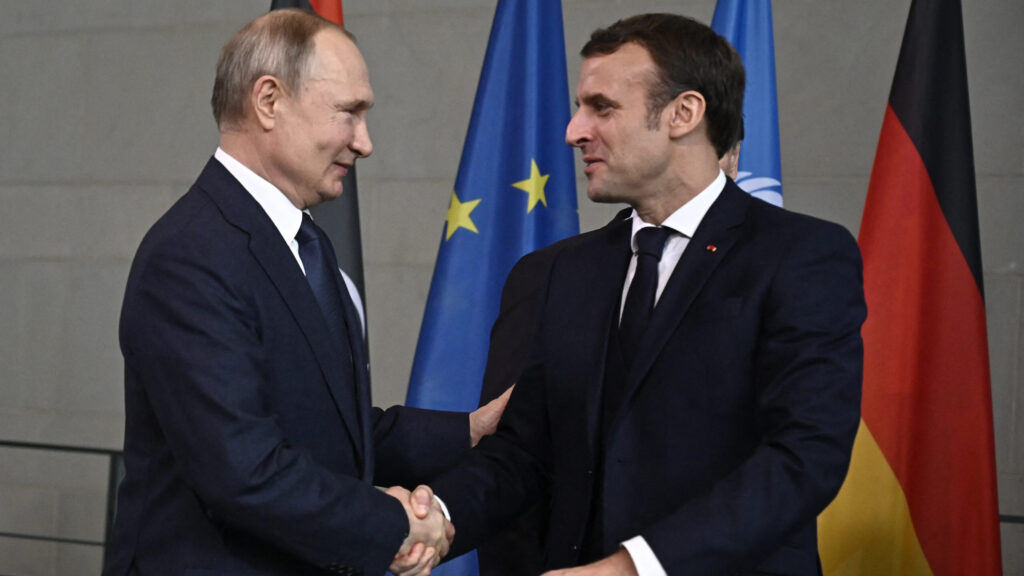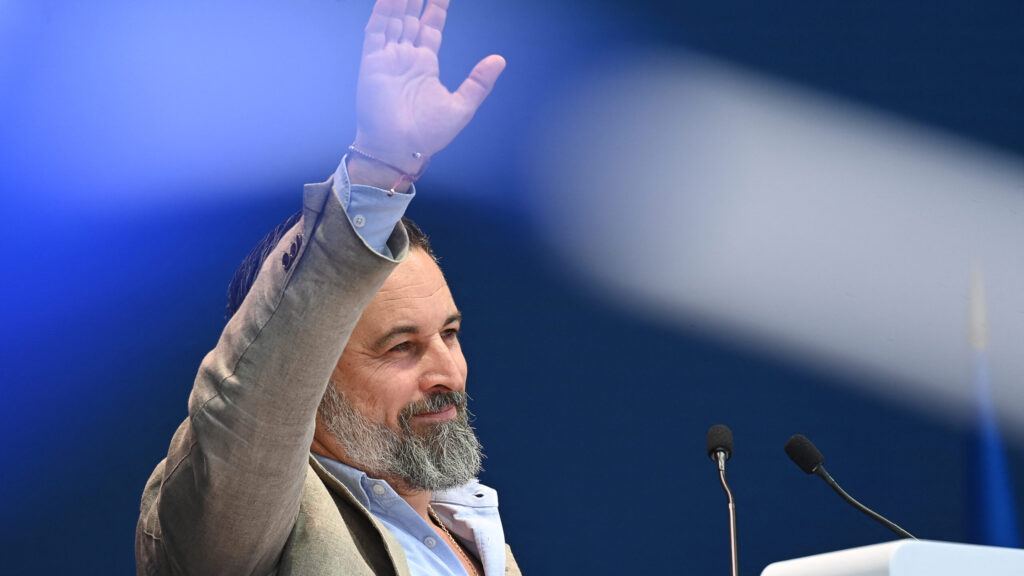1956 is undoubtedly the most important and tragic year in modern Hungarian history. On 23 October 1956 demonstrations against Stalinist terror began in Budapest and quickly spread to other cities across the country. The situation escalated into violence when the Communist leadership ordered troops to fire on unarmed crowds. Initially, the freedom fighters succeeded in rallying the government to their cause and forcing the withdrawal of Soviet troops stationed in Hungary. However, on 4 November Soviet forces returned and, after brutal fighting, crushed the revolution. According to official figures, more than 2,500 Hungarians lost their lives during the revolution, and many were executed during the brutal reprisals that followed.
Like Trianon, the 1956 revolution has been a defining part of Hungarian identity ever since. The constant struggle for sovereignty, the determination to take control of our own destiny, and the unquenchable desire for freedom are deeply embedded in the fabric of the Hungarian nation and society.
Nearly 70 years have passed since 23 October 1956. Since then, Hungarian society has freed itself from the grip of the Soviet communist regime and embarked on a path of Western economic development. In 2003 we overwhelmingly voted to join the European Union, seeing it as a guarantee of our freedom and sovereignty, as well as a promise of economic growth and prosperity. ‘Unity in diversity’ is the slogan of the EU, which at the time seemed a truly appealing proposition for a country that values its freedom above everything else.
Nearly 70 years have passed since 23 October 1956, but the situation is starting to feel depressing. The difference now is that it is Brussels, not Moscow, that seeks to dictate how we should live, how we should choose our leaders, and what our positions should be on issues critical to our economic and physical security.
Of course, the methods of exerting pressure have become more refined since then: Soviet soldiers have been replaced by Brussel’s rule of law rapporteurs, tanks by financial blackmail, with EU funds rightfully due to Hungary being withheld on dubious grounds. In addition, there is a relentless smear campaign against Hungary and Prime Minister Viktor Orbán, for which they are no longer afraid to sacrifice previously respected bodies such as the European Commission and the European Parliament.
However, the hope for change still flickers, just as it did on 23 October 1956. The European Parliament elections this summer proved that the people of Europe are waking up and growing tired of Brussels’ dominance. With the creation of Patriots for Europe, a political group has emerged in the European Parliament that represents the voice of like-minded European citizens, unafraid to speak out and stand up to the bureaucrats in Brussels.
‘Only once since the Russian occupation and the introduction of communist dictatorship has the Hungarian nation had the opportunity, the courage, and the strength to attempt to achieve the goals it set in 1848: national independence and political freedom. Our goals have not changed to this day; we did not give in to 1848, and we will not give in to 1956,’ Viktor Orbán said on 16 June 1989 at the reburial of Imre Nagy, the prime minister of the revolutionary government during 1956, who was later executed by the communist regime.
‘The spirit of 1956 is still alive—perhaps more than ever—in Hungary and across Europe’
Orbán’s words remain as relevant today as ever. The spirit of 1956 is still alive—perhaps more than ever since—in Hungary and across Europe. The winds of change are blowing louder and stronger through the offices of the Brussels bureaucrats. The Hungarian people, who cherish freedom, will do everything in their power to defend their sovereignty. Just as in 1956, when we were the first Eastern European country under communist dictatorship to stand up against Moscow, Hungary is now leading the fight to enforce the founding principles of the European Union making sure that the member states indeed unite in diversity.
But 68 years ago no one stood by us, and as a result, the revolution was crushed. Let’s hope that today our allies choose differently, learning from the painful lessons of history and recognizing the similarities between the past and the present. Change can only be achieved together, and even then, it will be a difficult, long, and sacrificial journey.
Glory to our heroes!
Read more on the Revolution of 1956:







